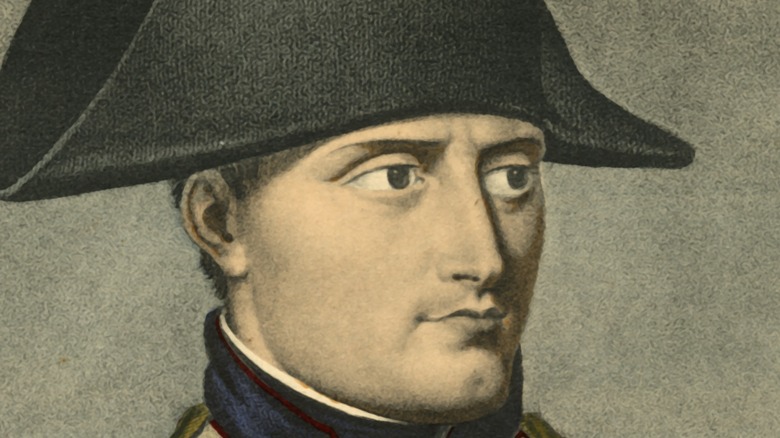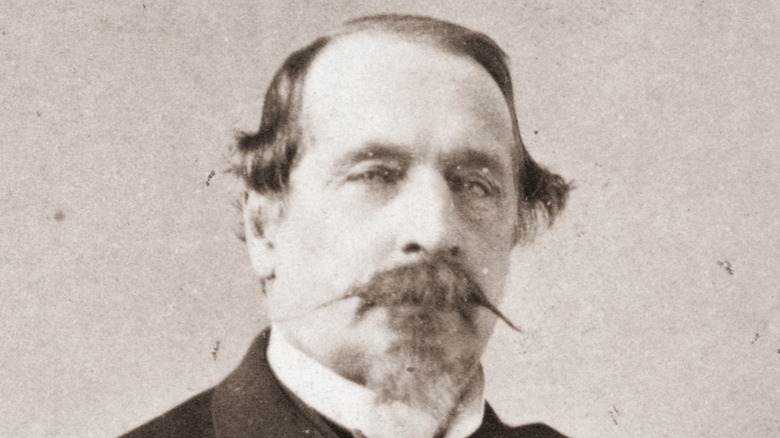What Happened After Napoleon Died?
Napoleon's fall from grace was one of extreme contrasts. For much of his adult life, he had been on an upward trajectory until he became emperor, a position through which he spread the secular and meritocratic ideals that deposed the preceding Bourbon monarchy. With his first exile, he went from the ruler of Europe to emperor of the small island of Elba. His short-lived return from there to France saw him not only exiled again, but imprisoned on a small island in the middle of the Atlantic, St. Helena.
His residence was small and damp, while outside it was guarded by British soldiers and two warships. Even before his final exile, he began to suffer with what is believed to have been gastric cancer, from which he died on May 5, 1821, while physicians and islanders stood at his bedside (via National Geographic). With his passing, the Corsican became a source of national pride and inspiration for many people in France.
Napoleon inspired many for decades
The death of the first French emperor was a devastating, albeit not surprising, revelation for the people of France (via Napoleon). Decades later, even the conservative King Louis Philippe I made the decision to repatriate Napoleon's remains during his rule. Napoleon was not the last Bonaparte to rule over France, however. His son Napoleon II arguably became emperor immediately after his abdication, though even if considered legitimate, he would have only been so for a few days before the coalition powers forced the Bourbons back on the throne (per History).
His nephew Napoleon III (pictured above) was a different story. After launching two unsuccessful coups in his early years, he was elected as the first president of France once Philippe I was deposed in the 1848 revolution (via Biography). Captivated by his uncle's legacy however, he proceeded to launch a third coup which allowed him to declare himself emperor of a Second French Empire. Despite his genuine efforts to replicate Napoleon I's capacity for social reform, he could not produce his military prowess when he was captured during the Franco-Prussian war (via Britannica). With France's loss in the war tied directly to him, Napoleon III was forced into exile as he became the last monarch of France.

